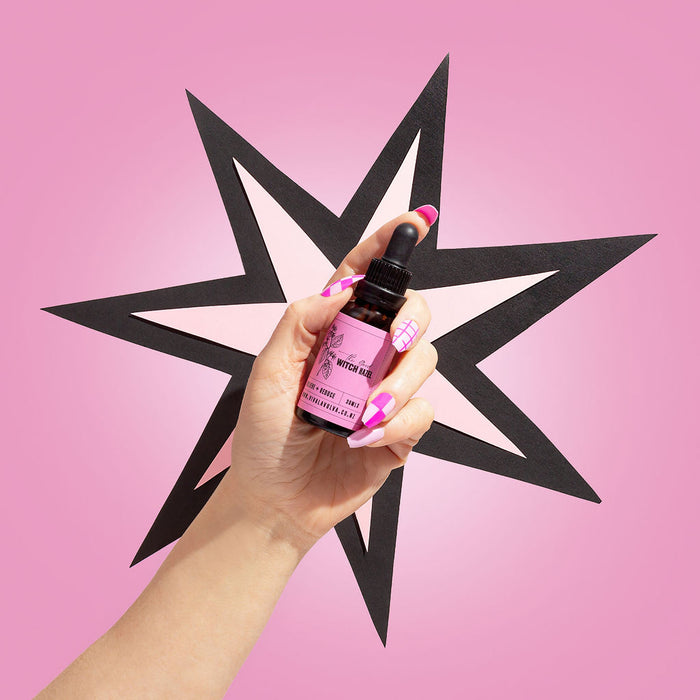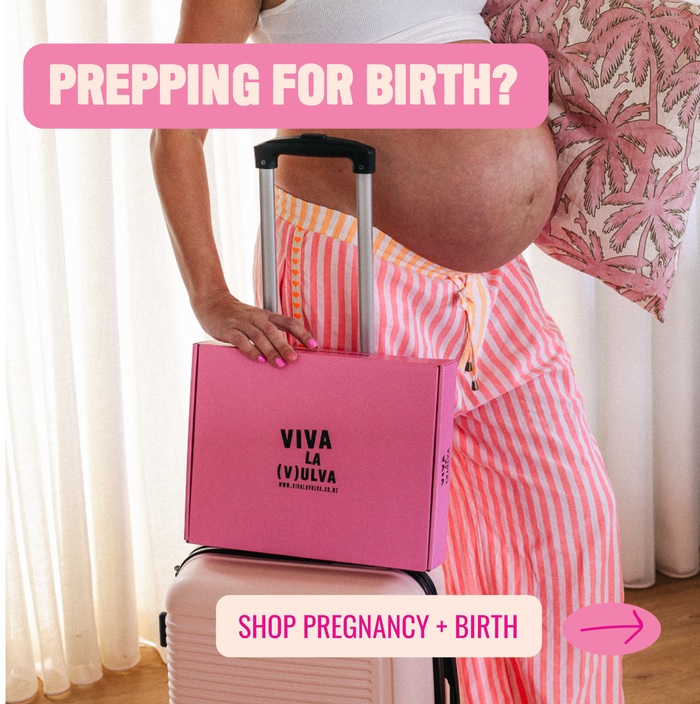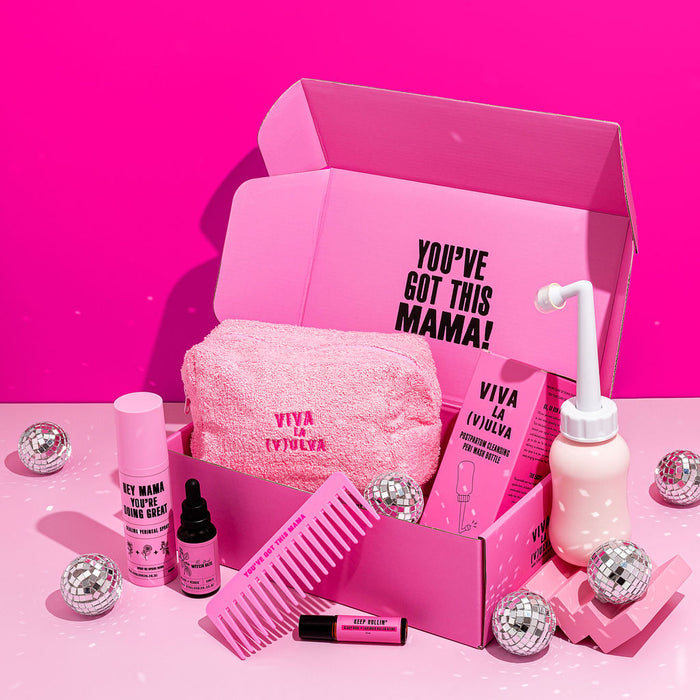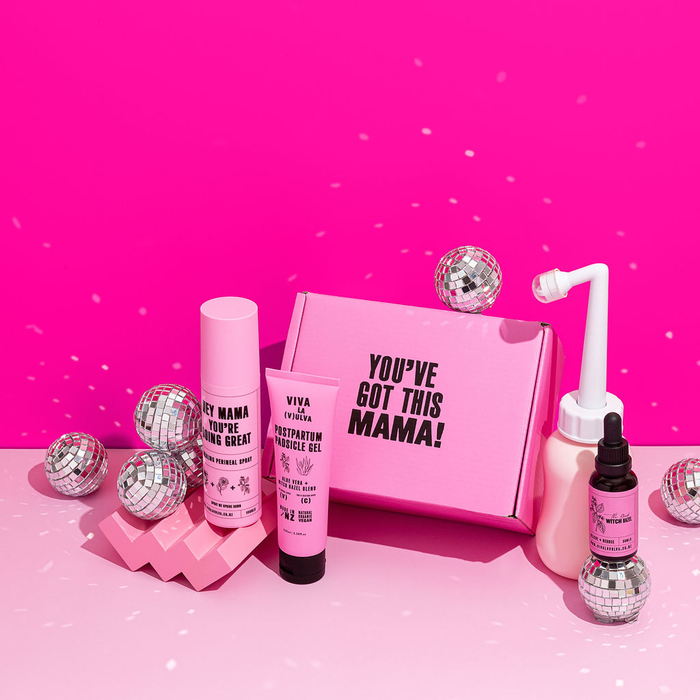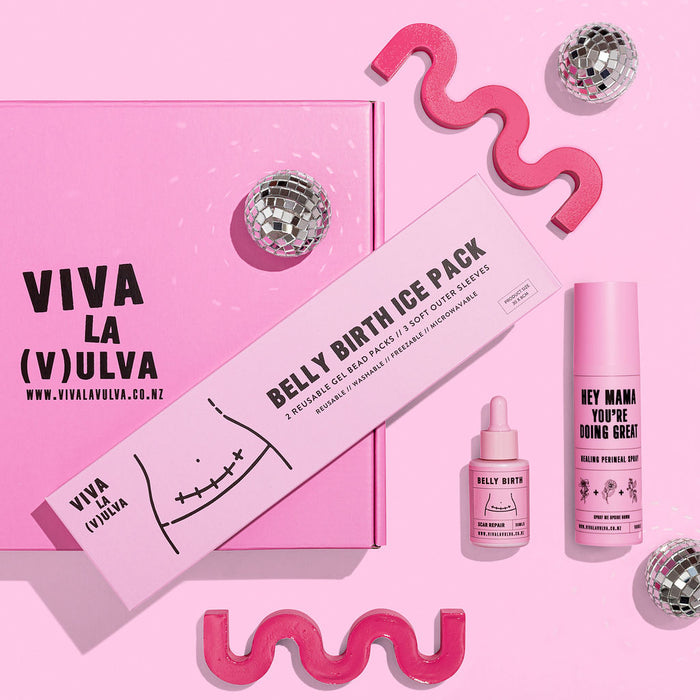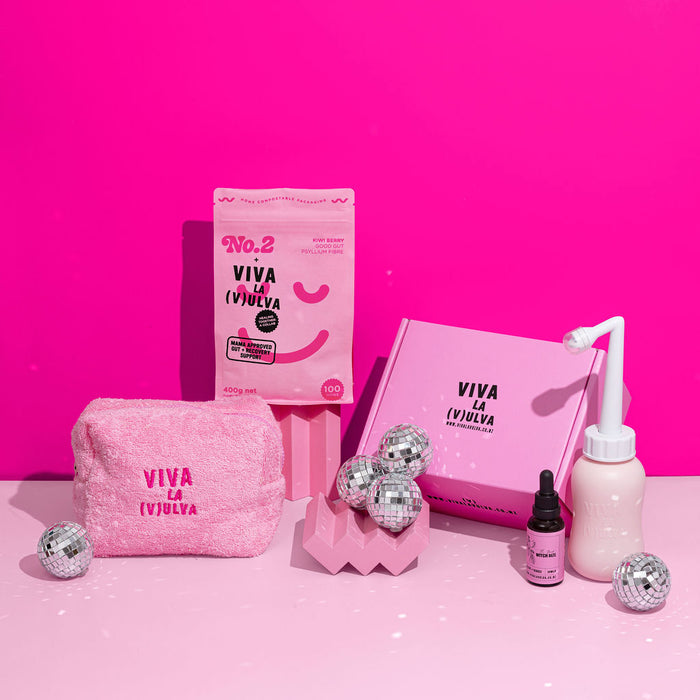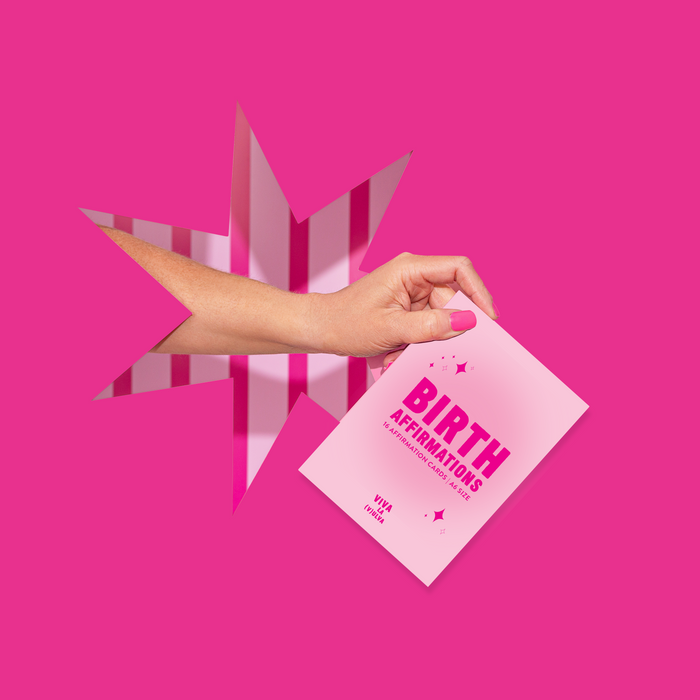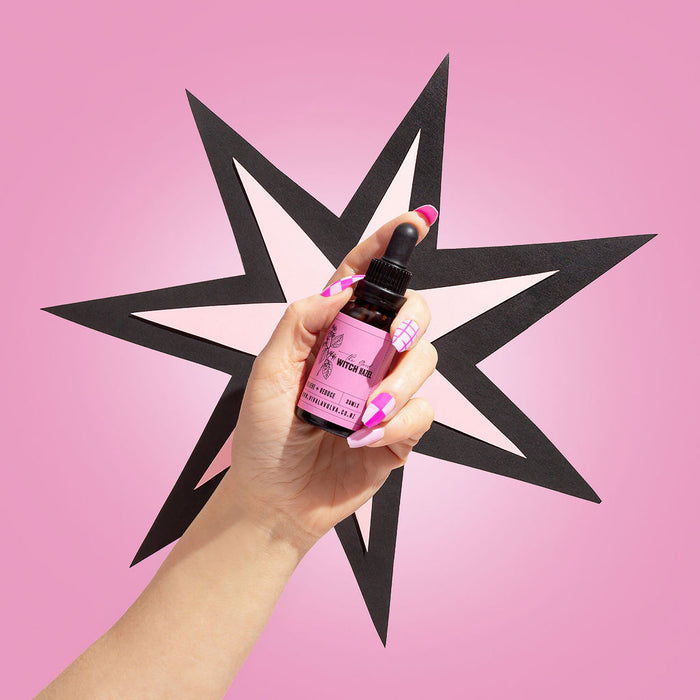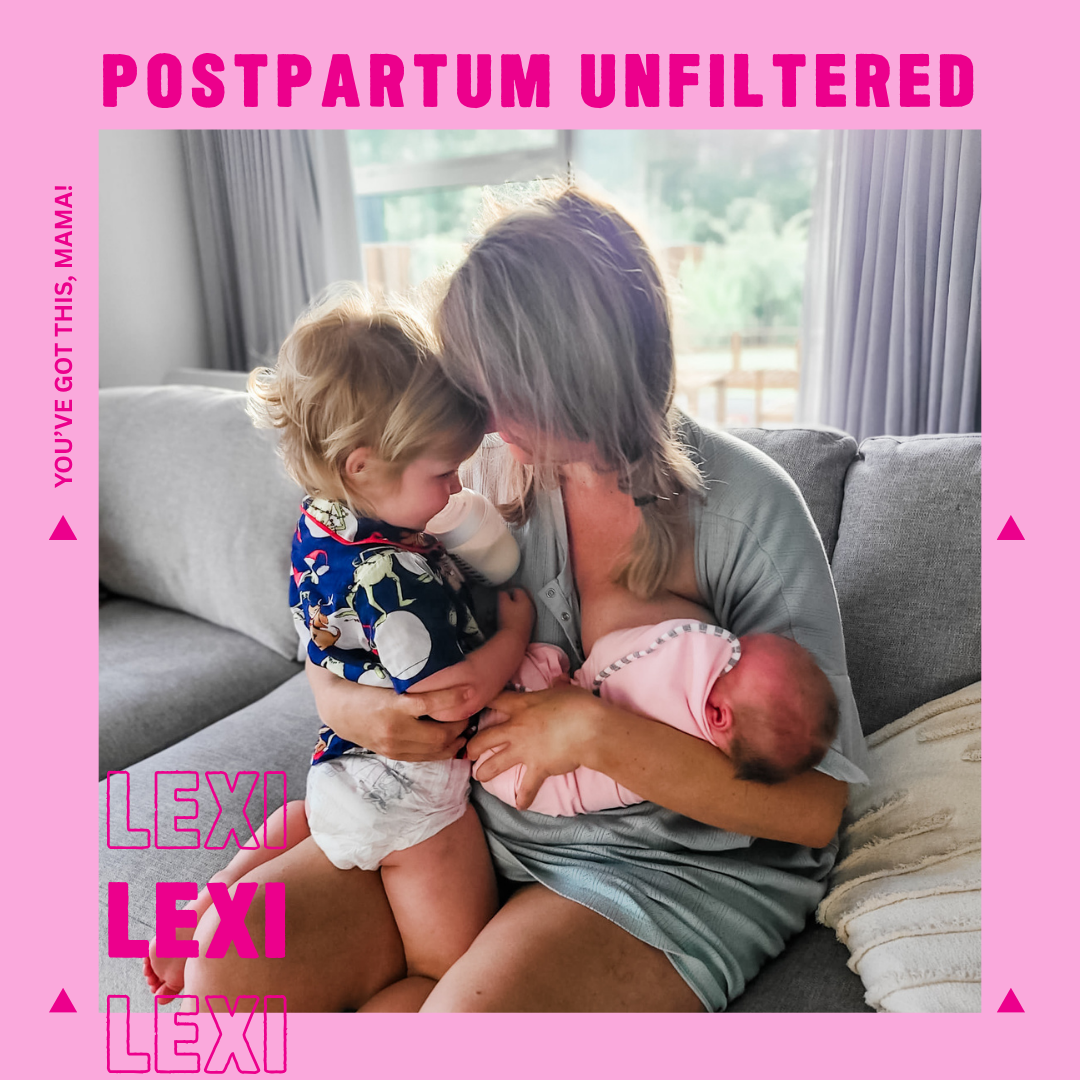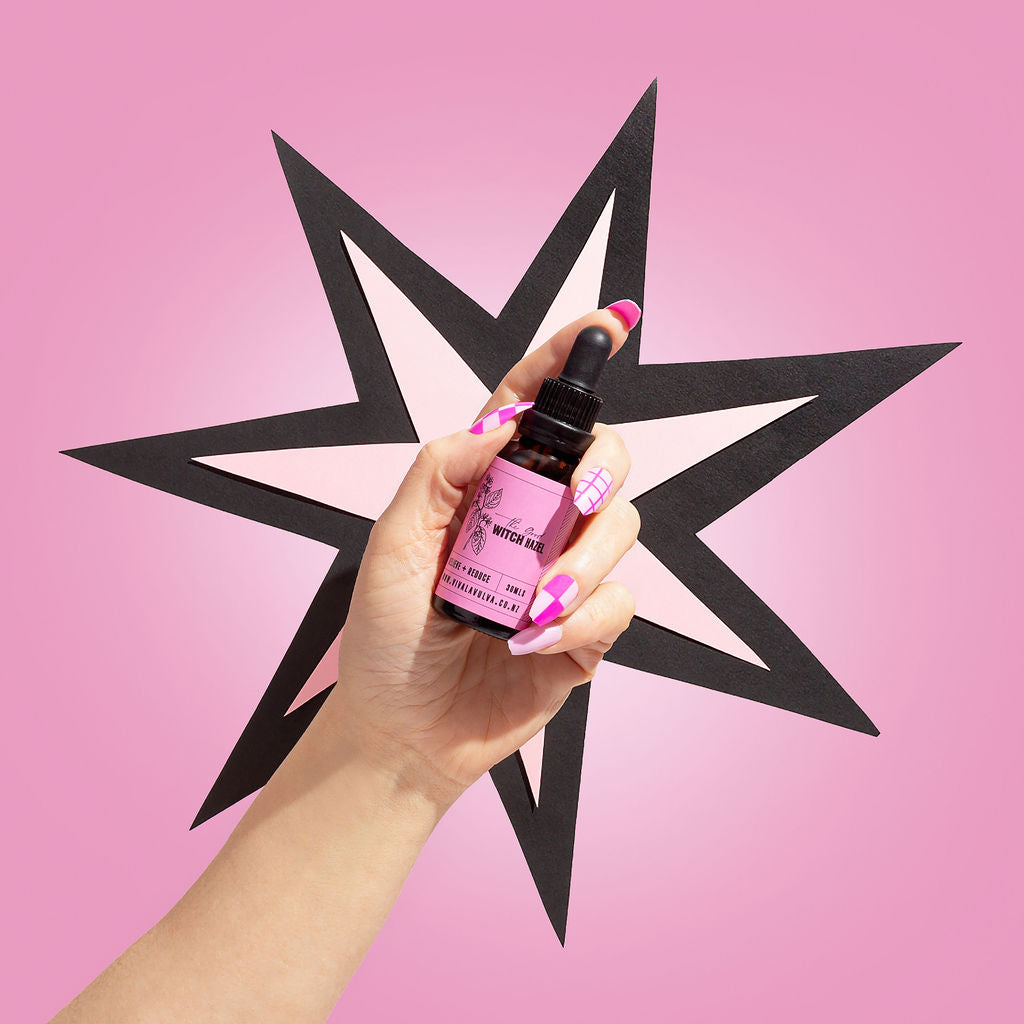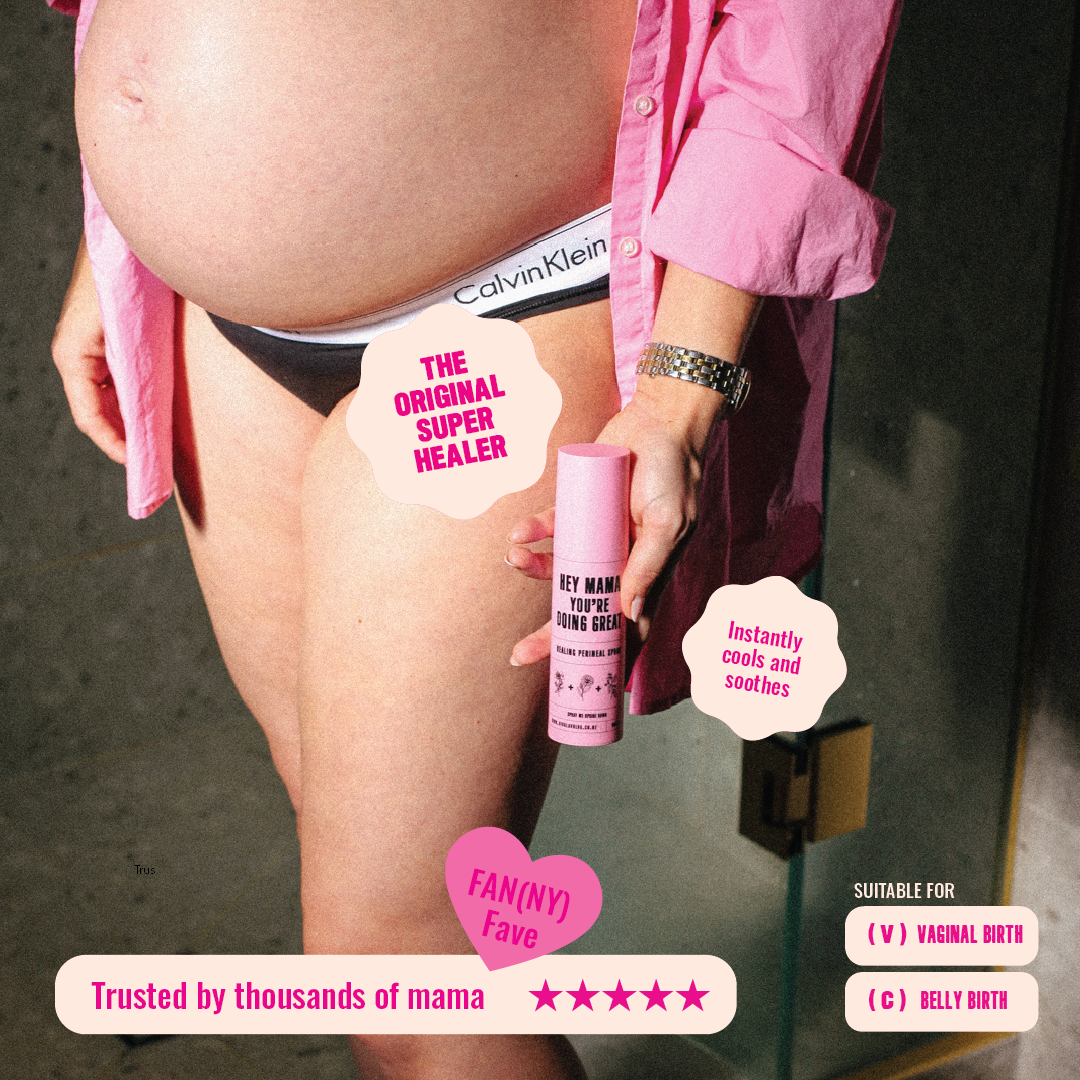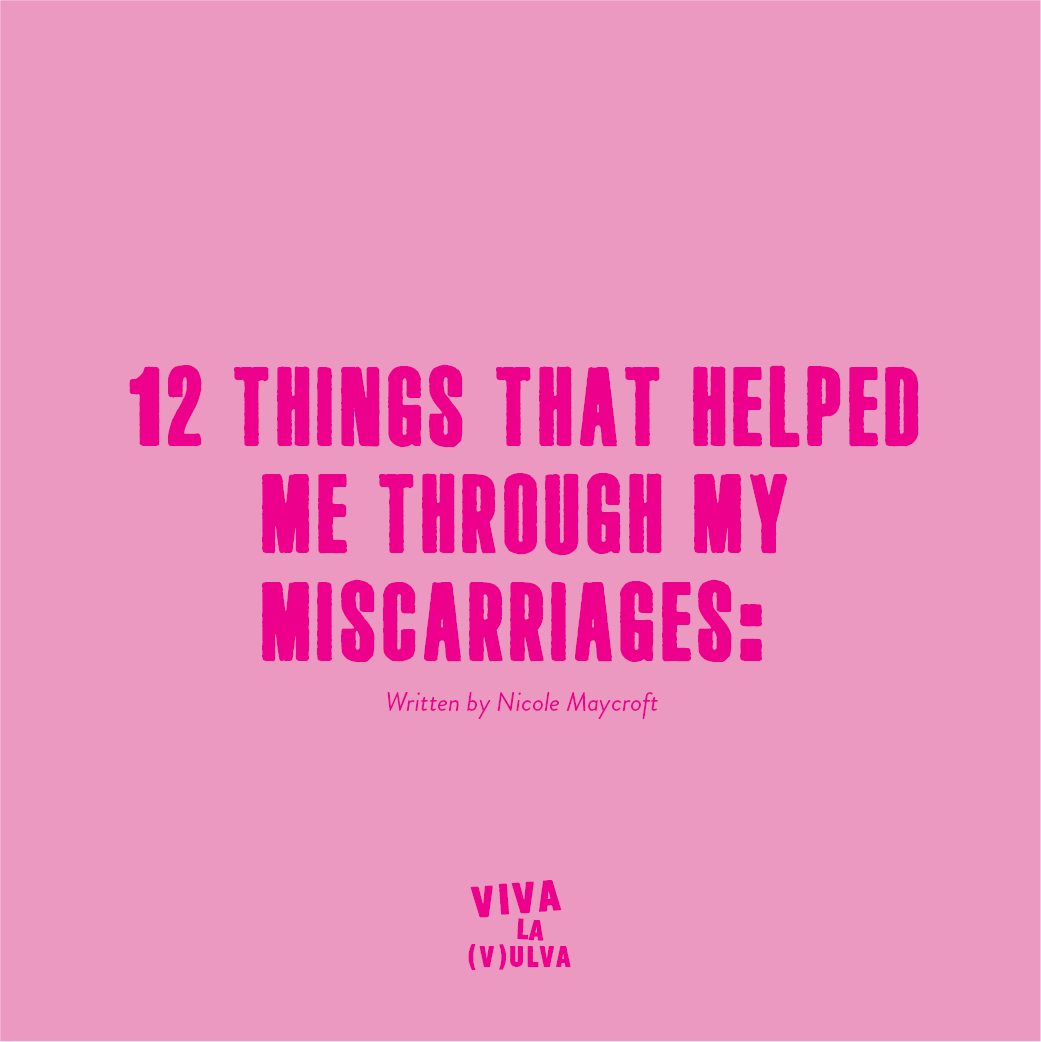
12 Things That Helped Me Through My Miscarriages - Nikki Maycroft
*TW Miscarriage/Infant loss
No parent should have to endure the loss of a child. Miscarriage is way more common than we might think affecting 1 in 4 women. 1 in 4! With stillbirths affecting 1 in 500. These are heartbreaking stats. Meaning most of us would know more than one person who has gone through this heartbreak in their life. And we believe no mother/family should have to go through this alone. We know it can be a hard topic to talk about but it is so important to acknowledge so mothers feel as supported as possible and are able to take the space they need to grieve and process.
As today is Pregnancy and Infant Loss Remembrance Day, we wanted to shine the light on this difficult subject so we spoke to our good friend Nikki about her experiences and she offers such valuable and vulnerable advice on things that helped her through her miscarriages.
Thank you Nikki, we’re so grateful and know your words will hopefully help so many other mamas going through this.
In the last 12 months my husband and I have unfortunately been dealt two miscarriages. My heart breaks for any woman and her partner who have to go through this, no matter what stage of your pregnancy. There is nothing anyone can say to make things better, it’s such a crappy thing to go through. Just remember that you are not alone.
I also wanted to acknowledge that miscarriage is just one of many road bumps on the way to motherhood. I can’t even begin to imagine the heartbreak that comes with stillbirth or any other loss like this, no parent should have to go through this, along with those struggling with infertility, IVF, surrogacy and adoption. There are so many different paths to the same beautiful goal.
I am by no means an expert, and I know that everyone and every circumstance is different, but I thought it might be helpful to share some tips that got me through the hardest days, followed by advice on how to help a friend going through pregnancy loss.

12 THINGS THAT HELPED ME THROUGH MY MISCARRIAGES:
-
Talking about it – For me personally, I found that the more I spoke about it, the easier it was to digest and process what has happened. I understand that not everyone is an open book like me, but it’s so important to find your support group. Whether it be your parents, friends or partner, openly talking about your experience can really help.
-
Social media detox – When you’re feeling your most vulnerable, taking a break from social media is really important. No doubt with the excitement of your pregnancy you started to follow pregnancy and baby-related Instagram pages or profiles. Seeing this along with pregnancy announcements, bump updates or baby arrivals can be really triggering, so it’s important to take a step back as you grieve. When you’re comfortable to jump back on, you could unfollow or mute any accounts that may upset you, or ask a friend to do this on your behalf if you need.
-
Seeing a Psychologist – I highly recommend speaking to a professional, I was fortunate enough to speak with a psychologist who specialises in pregnancy loss and fertility counselling, and found that incredibly helpful. For some reason, during a time where my body and mind needed to be nurtured, I was quite hard on myself for not being my ‘normal happy self.’ My psychologist helped me to understand that my feelings are valid, and that I had been through something horrible and that it’s completely normal to grieve. If you’re in Melbourne, I used the Antenatal and Postnatal Psychology website to find my psychologist. Ask your GP about the mental healthcare plan, as these sessions can often be subsidised.
-
Avoid Dr. Google – There is so much outdated, misinformation out there and in a vulnerable state of mind it’s best that you stay clear of Dr. Google. At the time of my miscarriages I wasn’t equipped with any reliable sources which I found really frustrating, but thankfully KIC’s Women’s Health Expert, Dr. Bronwyn, has created a list of credible sources. If you’re looking for expert advice on miscarriages please head to her latest blog.
-
Feel your emotions and have a cry – Remember what you’ve gone through is horrible, it sucks and it is so unfair that this has happened to you. It’s okay to feel sad and angry. Don’t try to bottle up your emotions, have a big cry when you need to and grab a pillow and punch it if you feel angry. You’ll feel a little better after you release the tension.
-
Be open and transparent with your work – I am so grateful that my workplace was so incredibly supportive when I went through my miscarriages. It meant that I could take the time off that I needed, and ease my way back into work when I was ready. You may not need to tell your entire team, but it’s helpful to inform those who work closely with you, so they can help you manage your workload, and support you. Being open with work means that you don’t have to pretend that everything is sunshine and rainbows, putting on a front can be really exhausting, and you don’t need that added pressure right now.
-
Meditating / yoga – I didn’t jump straight into yoga and meditation, I just wasn’t in the mood. But about two weeks after my d+c I slowly introduced exercise back into my routine, and I found slow, mindful movements were what my body was craving. After my miscarriages, especially the first one, my anxiety was through the roof, so I found that taking the time to nurture my body and mind was really important.
-
Writing / journaling – I found that writing was a helpful outlet. I was up one night with painful cramps, and that was where I started writing my story. Similar to talking about it, it helps to process your thoughts. When you’re comfortable looking back on what you have written, you’ll be proud of what you have overcome. Trust me, it does get easier, it just takes time.
-
Netflix & literally chill – Find a light-hearted series and binge your little heart out! The couch will be your best friend, heat up a wheat bag or hot water bottle, grab your doona and set yourself up for the week. Your body needs to rest and you deserve it.
-
Going to bed early – Sleep is key. Having a miscarriage is such an emotional rollercoaster. You’ve gone from an absolute high to the lowest of lows. It’s emotionally draining so make sure you get enough sleep to recharge your body for the next day.
-
Life Uncut Podcast, episode 25– In this raw and real episode, Laura Byrne chats openly about her two miscarriages. I listened to this a few days before my d+c, and FINALLY, I felt like I could relate to someone. Hearing Laura’s experience helped me so much, and hopefully, by sharing my story I’m able to help other women too.
-
My dog!! Seriously, I don’t know how I would’ve got through my miscarriages without my doggo, Gus. He sat by my side as I grieved both of my babies, always making me grin when times are grim. If you don’t have a dog, I highly recommend taking a stroll to the nearest dog park, or finding a friend with a pet, they are just the BEST!
If you or a loved one is going through this and need support, here are some support service helplines:
-
Free call or text 1737 any time, 24 hours a day to talk or text with a trained counsellor about any type of grief or loss.
-
Phone (09) 378 4060. Support for people who have been affected by miscarriage.
-
Bittersweet Parents and Bittersweet Siblings.
Support groups of parents or siblings of a child who has died at any age for any reason. Is Australian-based but open to bereaved New Zealand parents and siblings.
-
Phone (09) 418 1457. Offers counselling, support groups, resources and more.
-
Grief Support Services Tauranga
Phone (07) 578 4480. Offers counselling, support groups, resources and more.
-
Freephone 0800 611 116. Nurses specialised in assessing and advising over the phone.
-
Phone (04) 381 0266. Special medical care for people with serious illnesses.
-
Phone 0800 534 354 for 24/7 counselling and support.
-
Support for parents and families who have experienced the death of a baby at any stage during pregnancy, as a baby or infant.
-
Freephone 0800 299 100. Enabling children, young people, their family/whanau and friends to navigate through times of trauma, loss and grief. Provides individual and family counselling, library, training programmes and support groups, helpful articles and more.
-
Freephone 0800 780 780 or email info@stjohn.org.nz. A free St John’s Caring Caller service that connects people who need a friend with people who have time to ring them to listen and chat, or check that all is well. Trained volunteers are matched with people with similar personalities or interests.
-
Together – Bereaved Parents Support Group
Email: TogetherBPSG@hotmail.com. Together is a peer support group, designed by bereaved parents for bereaved parents. This is a free growth focused group aims to bring together grieving parents for help, support and understanding. The group is open to any parents who have lost a child.
